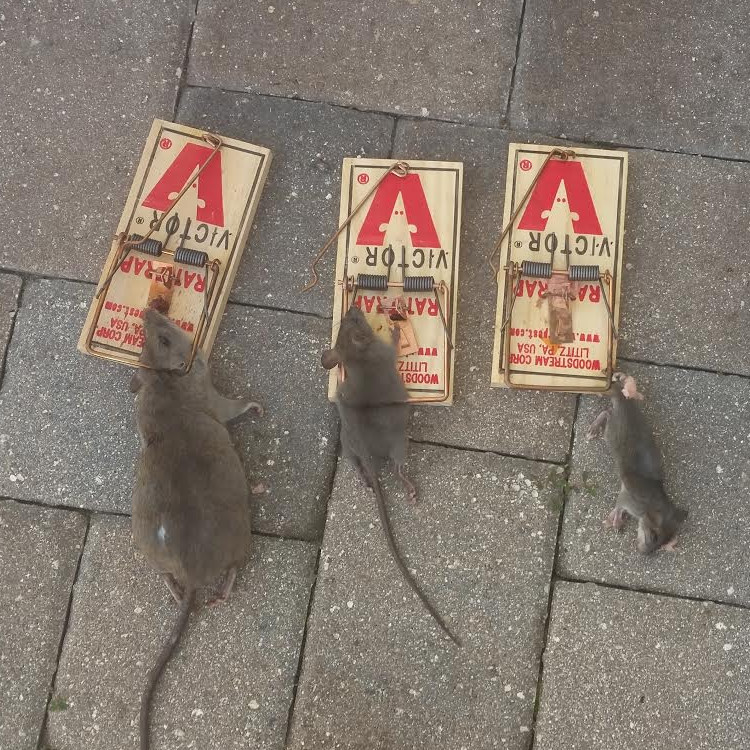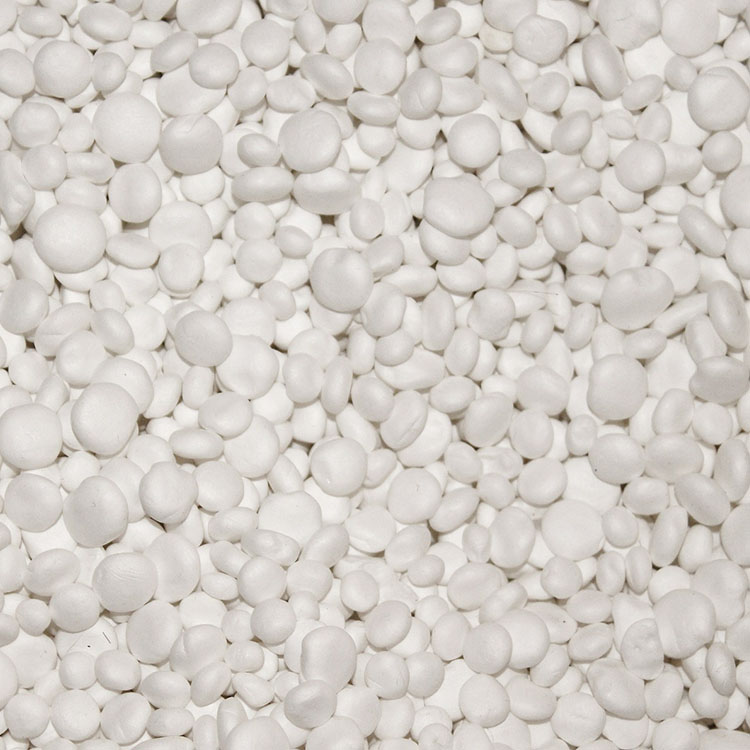How to Kill a Rat
Killing rats is legal in the United States because they are classified as a nuisance wildlife species and U.S. Governement has determined that it is not only ineffective but costly to remove rats via live exclusion. Common methods for killing rats include baited snap-style traps, poison. Both are intended to cause as little harm as possible to these creatures as they are exterminated. These little rodents are not in short supply in the United States, and you can guess by the fact that they can be exterminated that they are not endangered.

Snap Traps Designed to Kill Rats
Snap traps are small, square traps that you place bait on to kill small rodents. The powerful hinge of a snap trap is designed to kill the rat or rodent immediately. Once the trap is triggered, you'll have to dispose of a dead rodent. There are rules and regulations for getting rid of dead rodents in some parts of the country, so make sure you are educated on the local laws regarding animal carcass disposal. Keep in mind laws regarding animal carcasses are in place to prevent the attraction of more nuisance wildlife.
Rat Poisons and Fumigants
At this time, there is no proof of a toxin/poison/fumigant for use on rats that will repell them (make them go outside) or die without decomposing or causing an odor. That's why most wildlife professionals recommend setting traps. However, using rodenticides is not entirely unheard of and can product results that are favorable. However, this may require hunting down dead rat carcasses–expect to be on your hands and knees looking for dead rats, pulling out the applicances from the wall, etc., before the job is completely done.

Things to Consider When Using Poison on Rats
Obviously, rat poison is no good for humans or pets. You'll want to make sure that any hosuehold pets like cats and dogs cannot access theis poison, and that small children are aware that this is not to be played with. It would be wise to keep in mind that secondary transmission of the poison to household pets can occur if your pets consume or come into contact with rats once they have ingested the poison. These are all reasons why trapping seems to be the #1 way to remove rats with the least amount of hassle.
